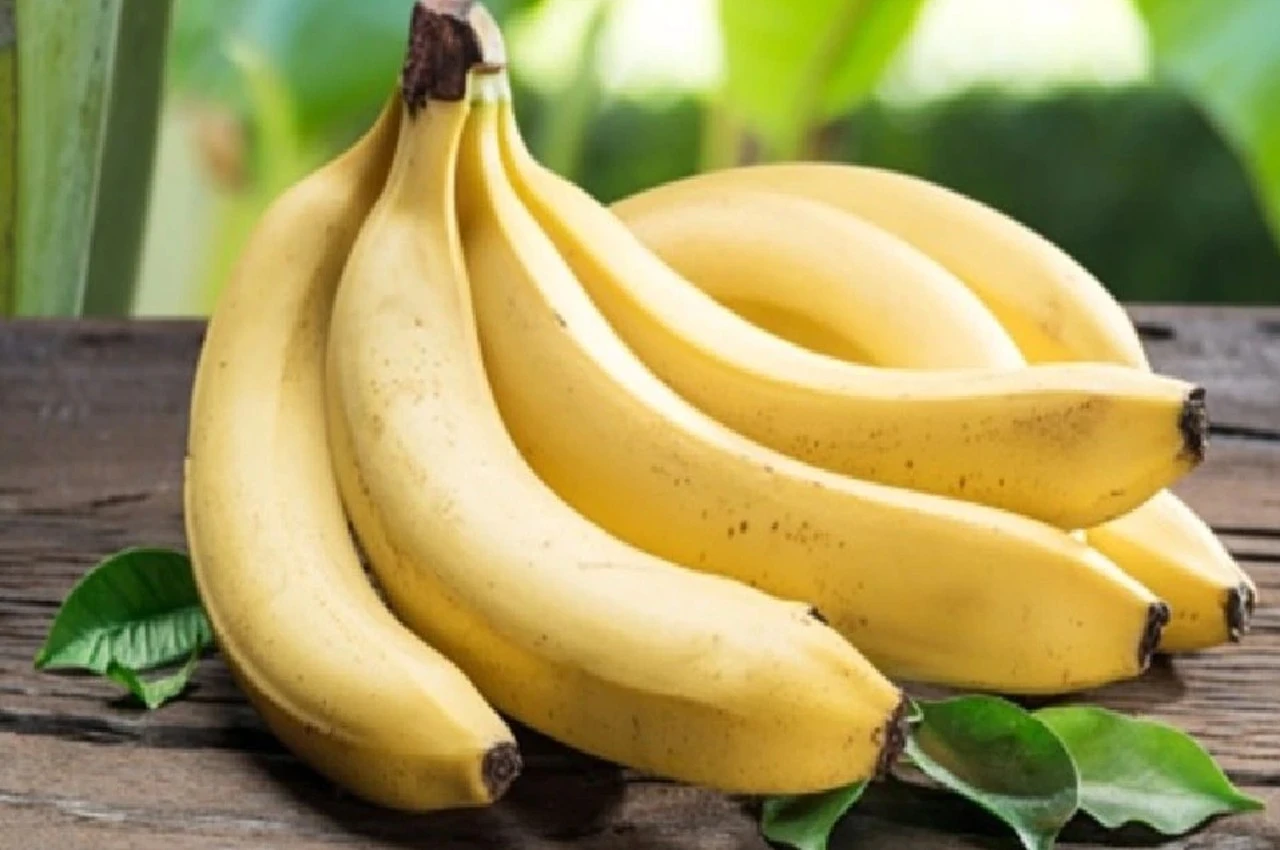Artificial sweeteners i.e. artificial sweeteners used as an alternative to sugar are beneficial or harmful for the body, has been discussed for a long time. Meanwhile, on Thursday, the World Health Organization (WHO) issued a warning saying that it may pose a risk of cancer. The health organization said, the non-sugar sweetener 'aspartame' may have carcinogenic effects, which can cause cancer in humans. Significantly, aspartame, an organic compound, has been used in sugar-free products.

Experts from the WHO and the Food and Agriculture Organization (FAO), in collaboration with the International Agency for Research on Cancer (IARC), assessed the effects of aspartame on the body, based on which this conclusion was made. Although the WHO says that it may be safe to consume in small amounts, 40 milligrams per kilogram of body weight does not pose a risk, but due to excess, it can have carcinogenic effects on the body.
Used in household products
Aspartame is an artificial (chemical) sweetener used in a variety of food and beverage products, including diet drinks, chewing gum, gelatin, ice cream, dairy products such as yogurt, toothpaste and cough syrup, and chewable vitamin supplements, the WHO reported. Are included.

"The evidence that aspartame is carcinogenic in humans and animals is limited, and we need more studies to fully understand this, but the limited evidence is worth considering," says Dr. Mary Schubauer-Berrigan, IARC Monograph Program Specialist.
Liver cancer risk due to aspartame
The committee has confirmed that it can be consumed in moderation, said a press release issued by WHO. Since cancer is one of the growing serious health threats globally, this assessment becomes important. Aspartame has been found to increase the risk of liver cancer in studies so far. Studies are being done to know about its other possible dangers.
Evidence of DNA damage has also been found
Other studies done to understand the possible side effects of artificial sugar have also been alerted about the risks. In a report published in the Journal of Toxicology and Environmental Health, researchers found that it contained a chemical called sucralose 6-acetate that could potentially damage your DNA. These chemicals can be "genotoxic," meaning they damage genetic information within cells.

Warning about the use of artificial sweeteners
The thing to note here is that the use of artificial sweeteners was started to reduce the side effects of sugar on the body. Artificial sweeteners give a sweet taste like sugar and have almost no calories and do not cause the risk of increasing blood sugar. However, researchers have been raising concerns that many of the ingredients in it may have harmful side effects.
(PC: Freepik)










